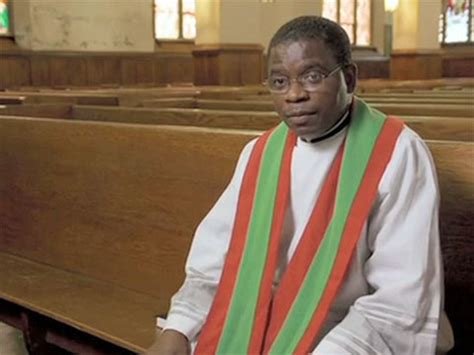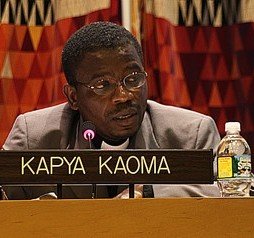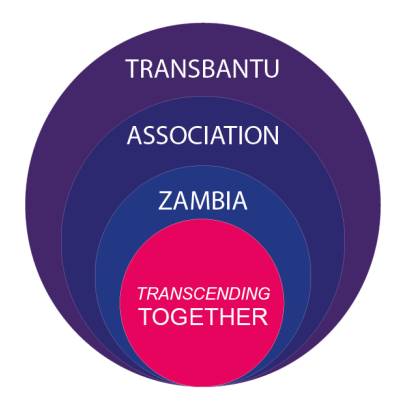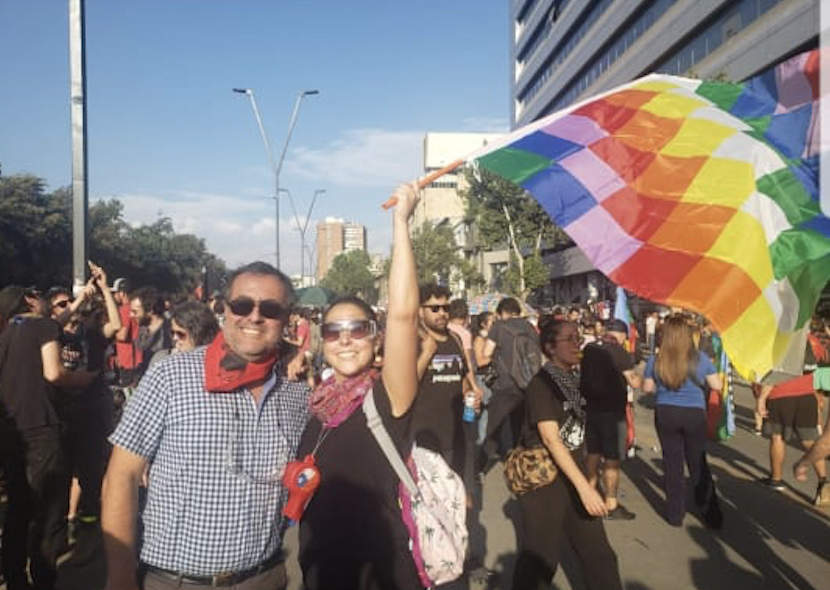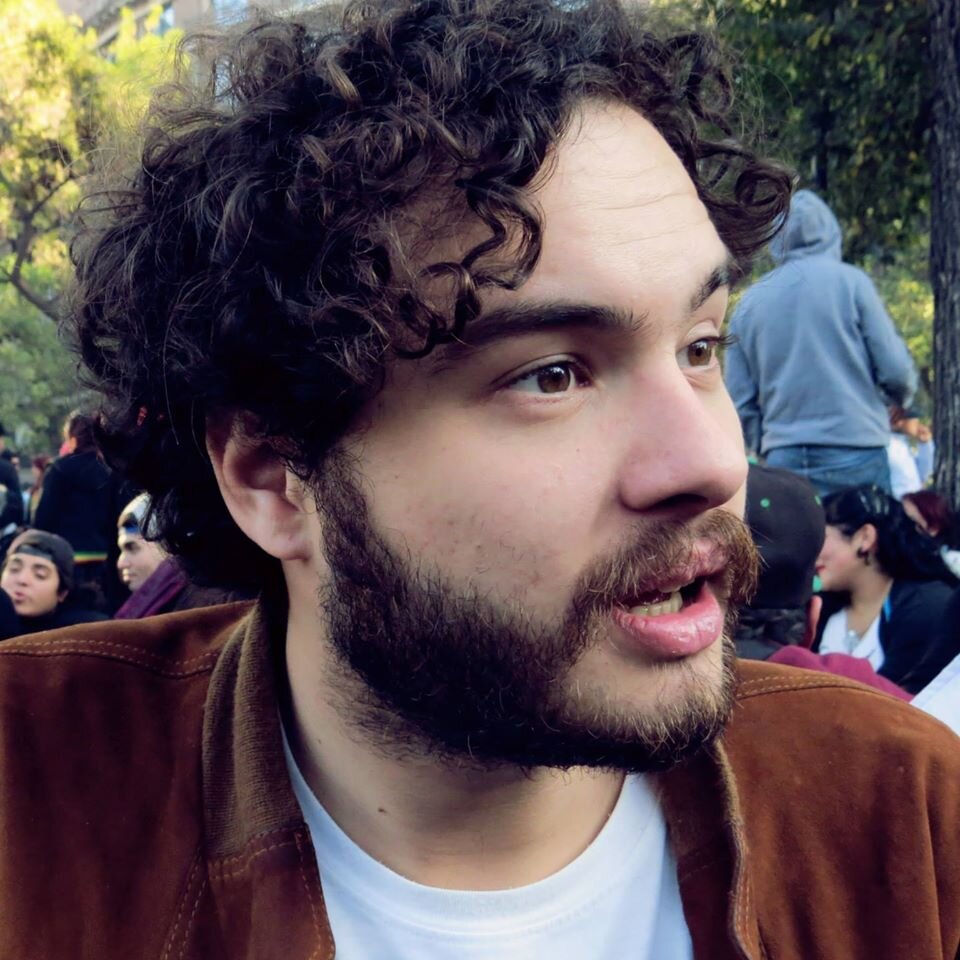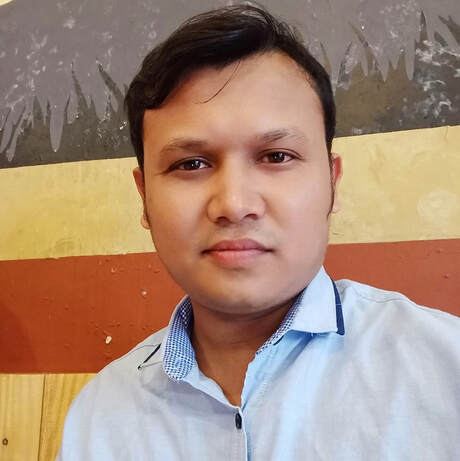What we are seeing now in the US, with the rollback of so many progressive victories, and with the passage of bigoted legislation towards sexual minorities, is in many ways the final stage of a decades-long strategy by violent strains of American Christian Evangelism. That strategy has seen Africa used as a testing ground in an ideological war against sexual minorities. And that war has returned home with a vengeance; newly emboldened, with more support, and with a more focused strategic vision.
Reverend Doctor Kapya Kaoma is an Anglican priest from Zambia, a human rights activist, and one of the central figures in the documentary film, “God Loves Uganda”.
Kapya is also a researcher, and the author of several books, including “American Culture Warriors in Africa”, “Christianity, Globalization, and Protective Homophobia.” He has testified before the US Congress, US State Department, and the United Nations. Though he has also focused on Environmental Ethics, much of his research and advocacy work focuses on the targeting of the LGBTQIA community in Africa and the Christian Evangelical and Catholic roots of this persecution.
See below for links to organizations in Africa that are in need of your support for their work on the front lines.

